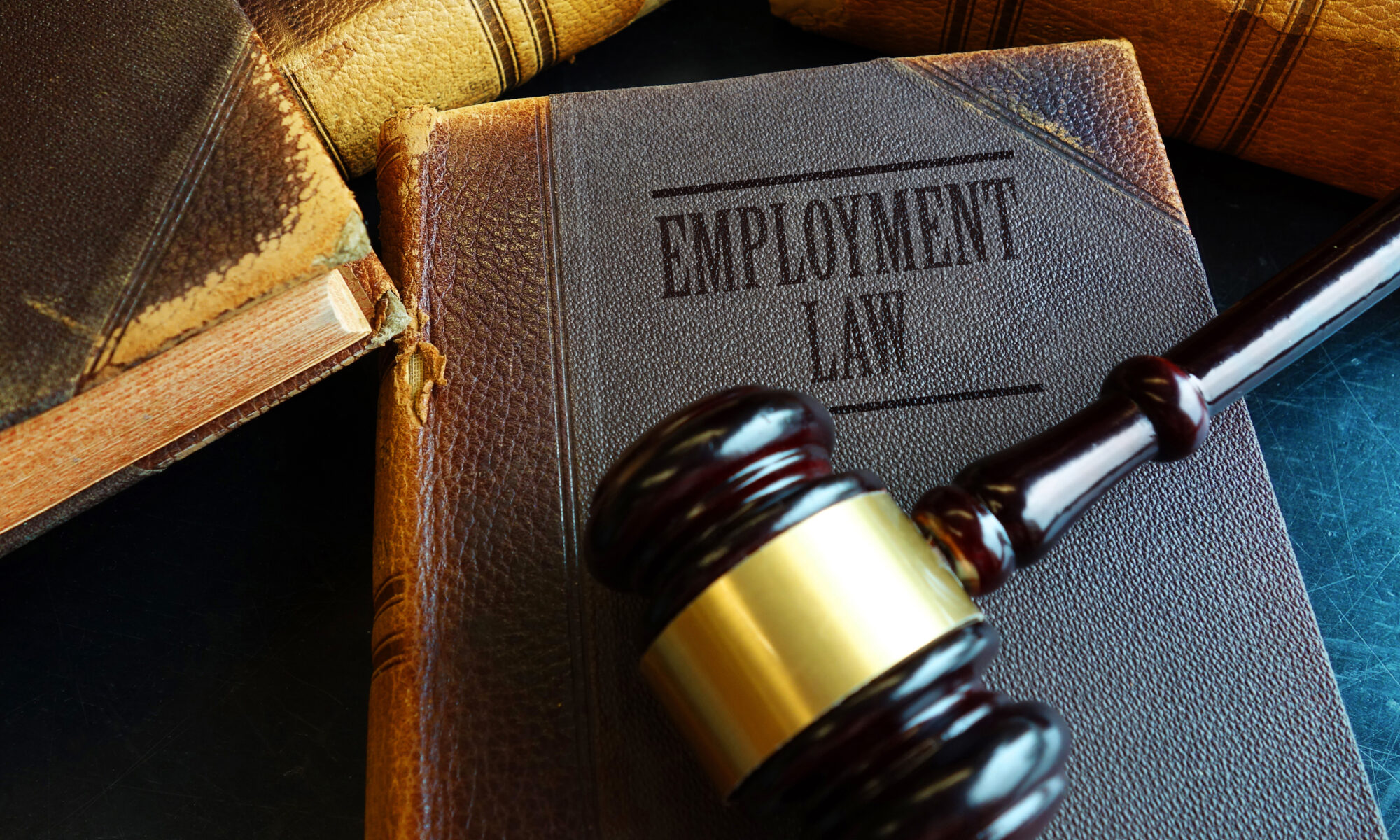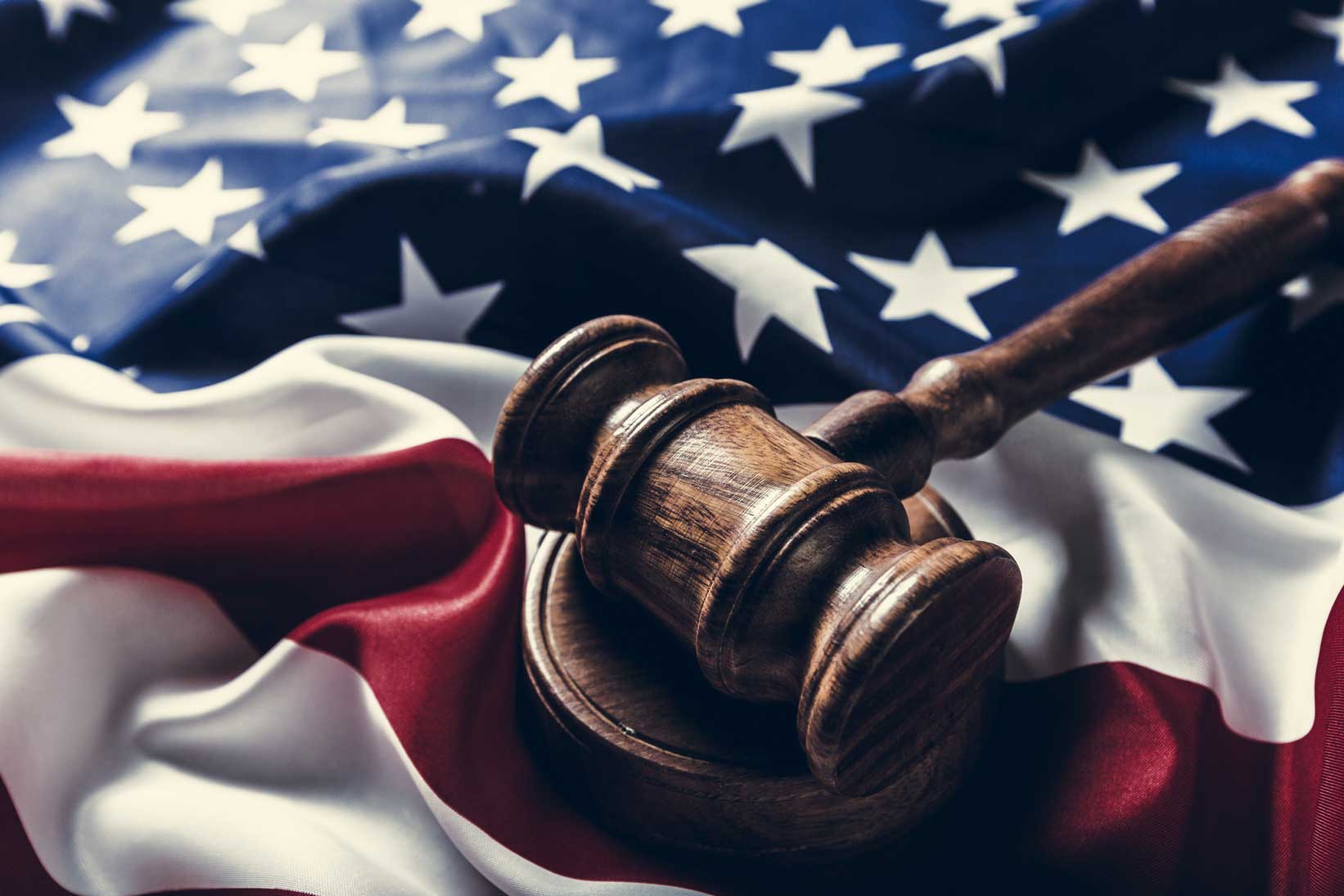The Physician Shortage and Age Discrimination in Medicine: A Crisis in Healthcare
The United States is on the brink of a healthcare crisis, with a projected physician shortage that will only worsen as the population grows and ages. At the same time, another issue that threatens to exacerbate this shortage but receives far less attention is age discrimination in medicine. Senior physicians often possess unparalleled expertise and experience, yet many are being pushed out of the workforce prematurely due to implicit or overt biases. To address the impending physician shortfall, the medical community must also confront the invisible force of ageism.
This blog explores the physician shortage, its root causes, and age discrimination’s destructive role in compounding the problem. We’ll also discuss actionable solutions to ensure the U.S. healthcare system remains resilient now and in the future.
The Physician Shortage in the U.S.
A recent Association of American Medical Colleges (AAMC) report reveals troubling statistics. By 2036, the U.S. could be short up to 86,000 physicians, including both primary care doctors and specialists. The demand for medical professionals is being driven by two primary factors:
- An Aging Population: By 2036, the population of Americans aged 65+ is expected to grow by 34.1%, leading to increased healthcare needs. Older adults require significantly more medical care, placing immense pressure on an already overburdened system.
- Unequal Access to Care: Rural and underserved areas face significant disparities. If these populations accessed care at the same rate as others, the U.S. would have required 202,800 additional physicians in 2021 alone, according to the AAMC report.
The shortage impacts more than just wait times for doctor appointments. It threatens the foundation of equitable healthcare, leaving millions without adequate access to critical medical services.
Age Discrimination in Medicine
While the physician shortage dominates headlines, ageism in medicine quietly worsens the crisis. According to an AMA study, nearly two-thirds of physicians aged 65 or older report experiencing ageism in their careers. Another 18.8% of senior physicians report being dismissed or treated as irrelevant solely because of their age.
How Ageism Manifests:
- Loss of Responsibilities: 4.5% of senior physicians have had their job roles or duties revoked simply because of their age.
- Pressure to Retire: 4.2% of senior doctors report feeling pressured by employers or patients to retire, even when fully competent and eager to continue practicing.
- Assumptions of Cognitive Decline: Some teams assume older physicians are cognitively less capable, despite evidence to the contrary.
- Preference for Younger Physicians: Senior doctors often find opportunities restricted or attributed to younger colleagues, despite their wealth of wisdom and institutional knowledge.
These recurring experiences underscore a systemic issue in the medical field that cannot go unaddressed.
Real Stories from Senior Physicians
One physician in the AMA study noted that younger colleagues ” consistently disregarded” their opinions. Over time, they realized the lack of respect was tied not to their expertise but to their age. Another physician recounted feeling that residents “did not respect their decisions” or value their contributions despite decades of experience.
These stories are far from isolated. Ageism against senior physicians is demoralizing and actively harms the healthcare system.
The Impact of Ageism on the Physician Workforce
Driving senior physicians out of the workforce prematurely has far-reaching consequences. Here’s how age discrimination amplifies the physician shortage:
- Loss of Expertise: With decades of accumulated knowledge and experience, senior physicians are invaluable for patient care and mentoring younger doctors. Their early exit leaves a void that is difficult to fill.
- Reduced Workforce Numbers: Forcing capable older physicians into retirement further diminishes an already strained workforce. The physician shortage is not merely about recruitment; retention is equally critical.
- Undermining Patient Care: Patients can benefit significantly from the expertise and emotional intelligence of senior physicians who’ve spent years perfecting their clinical judgment.
Consequences for Healthcare Delivery
Ageism doesn’t just harm physicians. It also poses a significant public health risk. Research shows that age discrimination correlates with declines in physical and mental health, from stress and anxiety to adverse outcomes caused by staffing shortages. When senior physicians are involuntarily retired or alienated, underserved communities suffer even more, as the remaining workforce struggles to meet demand.
Addressing Ageism in Medicine
There are no quick fixes to this complex issue, but solutions exist. Here’s what the medical field can do to combat ageism:
- Acknowledge the Problem: The AMA report emphasizes that the first step is recognizing that ageism is real and pervasive. Without awareness, systemic change isn’t possible.
- Policy Reforms: Revisiting policies that favor younger healthcare workers or dismiss competent senior physicians will create equity. For example, standardized evaluations rather than assumptions based on age can more fairly assess a physician’s capabilities.
- Inclusive Workplaces: Establishing age-friendly environments and encouraging multigenerational teams fosters collaboration and mutual respect. Organizations must also adopt zero-tolerance policies for age discrimination.
- Education and Advocacy: Adding ageism awareness to medical school and residency training can help change long-standing cultural biases.
Legislative Efforts to Combat Shortages
Expanding residency opportunities remains a critical policy challenge. Although the Resident Physician Shortage Reduction Act, which aimed to create 14,000 new residency positions over seven years, received bipartisan support in Congress, it was not passed. Increasing funding for graduate medical education (GME) remains a vital alternative to address physician shortages and ensure equitable opportunities for all physicians, regardless of age.
The Dual Solution: Tackling Both Shortages and Ageism
Addressing the physician shortage without tackling age discrimination is like patching a sinking ship without fixing the holes. Senior physicians aren’t just placeholders in the workforce; they’re indispensable assets. By fostering an inclusive, respectful environment that avoids biases tied to age, healthcare organizations can better retain skilled professionals and improve patient outcomes.
Hospitals, medical institutions, and advocacy groups all have a role in ensuring that physicians of all ages can thrive and provide quality healthcare for future generations.
Facing Ageism? Here’s Your Next Step
If you’re a senior physician or healthcare worker facing ageism or forced retirement, this isn’t an issue you must endure alone. Consulting an experienced discrimination attorney can help you understand your rights and explore your options.
Schedule a free consultation today to reclaim your voice in the workplace and continue making a difference in patients’ lives.










